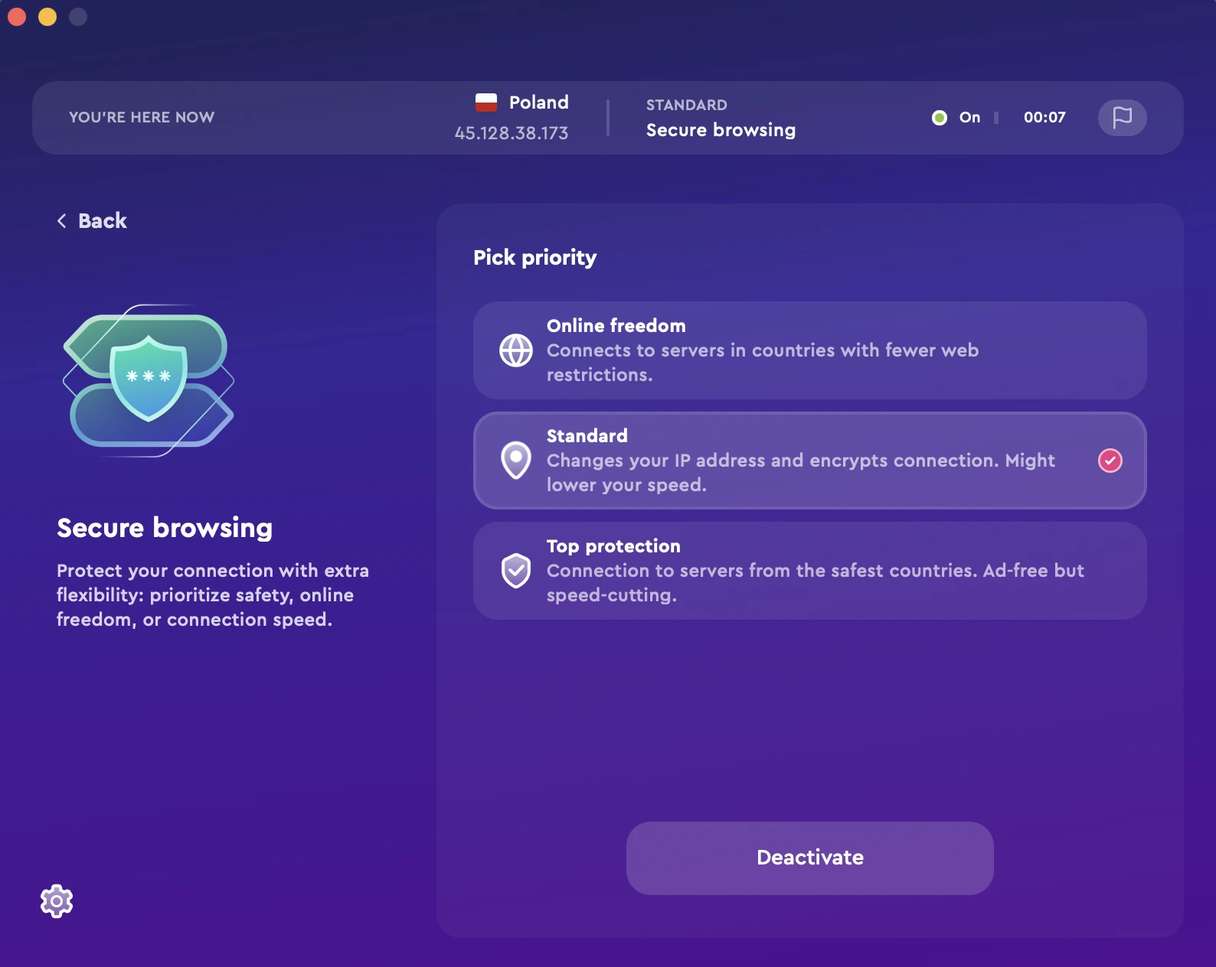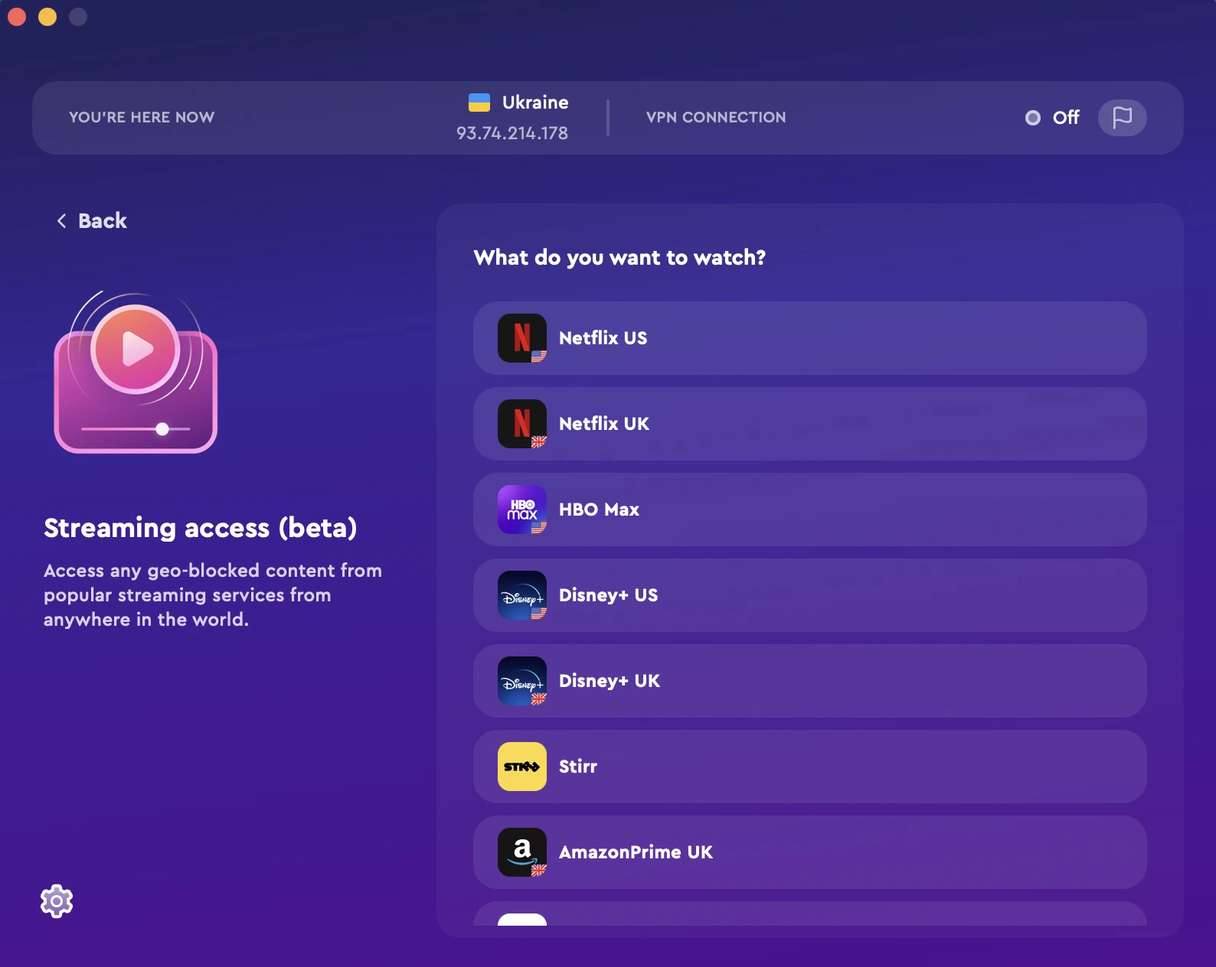The Internet is fraught with online threats that are often obscure. If you’re not browsing with a secure connection, you’ll be at the mercy of hackers and malware attacks.
Often, you’ll be oblivious to the fact that your device is being compromised until it’s too late. By then, the damage is done, and you’ll have to deal with the aftermath of data loss, identity theft, or financial fraud.
Having money siphoned out of your credit card is a bad experience, but it can happen if you’re not protected on the Internet.
We want you to be safe and that’s what this article is all about. You’ll learn what a secure connection is and how to get a secure connection.
What is a Secure Web Connection?
All activities on the Internet involve sending streams of data packets from your device to a third-party server. The data packet travels through routers, gateways, and perhaps a few servers before reaching the destination.
In a connection not secure, information like search phrases, chat messages, emails, website content, and financial transactions are exposed to the public. Anyone armed with a data packet sniffer software can pick up the message and extract the content in it.
A secure connection ensures the data packet is encrypted before leaving a device or server. Encryption turns intelligible text into gibberish when seen by the human eyes. Only devices equipped with a “key” can decrypt the data packet into intelligible forms.
On browsers, most websites are secured with SSL encryption. When browsing secured sites, data exchange between the browser and the server is done over an encrypted connection. SSL-protected sites are marked with the “https://” prefix on the URL. It’s an abbreviation for HTTP over SSL.
Meanwhile, a website without SSL encryption starts with “http://”, without the “s.” On Google Chrome, you can tell the difference between a secured and unsecured site by the green padlock icon on the URL bar. A non-encrypted site is tagged with the “non-secure” alert.
Why is a Secure Web Connection Important?
If your connection is not secure, all of your browsing activities can be monitored by hackers. It invites the risk of identity fraud or, worse, money theft from payment gateways.
For example, when you’re signing in to a non-secure forum, your ID and password can be intercepted by hackers. It gets worse if you’re using the same credential for financial services. The hacker will then have easy access to services like Paypal and start siphoning money off your account.
Even if no financial damage is done, compromised security can lead to data loss, malware injection, and other attacks that could render a device unusable. It will be a tremendous setback if your work computer falls victim to such attacks.
You’ll want to have a secure connection in place when accessing the Internet. On a browser, SSL encryption ensures that data transmitted is protected from the public. Besides, the SSL certificate also ensures that you’re not deceived by replicas put up by hackers.
How to Get a Secure Web Connection
You’ll want to make it a habit to always check for the green padlock icon when browsing the Internet. However, it’s important to realize that “https” only works for the specific website that you’re browsing.
SSL connection doesn’t work globally on your device. It doesn’t protect applications that connect with their respective server. You’ll have no idea if a mobile app’s connection is encrypted or if you’re at risk when using it.
The risk of insecure web connection holds true for online gamers, particularly if it involves installing the game on a PC. Some games may lack a secure connection, which poses a risk for hacker intrusion.
To ensure a fully secure web connection, you can’t merely rely on SSL certification. You’ll need a solution that provides total protection.
So, how to get a secure connection?
You’ll need to use a VPN, and ClearVPN is perfect for the job.
ClearVPN ensures that all connections originating from a device are encrypted, including browsers, apps, and other network services. It leaves no cracks for hackers to slip through. Also, ClearVPN masks your public IP with one generated from the VPN server, a stealthy move that keeps you hidden from hackers.
Download ClearVPN for a secure web connection now.
How to use ClearVPN
ClearVPN uses proprietary DynamicFlow technology to set up the best connection that fits your needs.
You and your family will remain protected when connected to ClearVPN. It uses military-grade AES256 encryption to protect your data from hackers. Your IP address remains hidden at all times when using ClearVPN.
Here’s how to get started with ClearVPN:
- Install ClearVPN on your device (we use macOS as an example in the picture below)
- Open the app and activate Secure Browsing mode by clicking the button "Protect Me"
- That’s it! Your online journey is protected and private.

ClearVPN also provides a personalized connection for streaming and entertainment. For this, you need to choose Streaming Access mode, where you can choose any of the streaming services from the list to watch.

Let’s Sum It Up With A Quick FAQ
1. What indicates a secure website connection?
A website is deemed secure if it uses the HTTPS protocol. This can be determined by examining the URL prefix for the padlock icon on Google Chrome. All data that passes through a secure website are encrypted with SSL.
2. Can you get hacked just by visiting a website?
Yes. It’s possible if you’re visiting a non-secure website. If the website runs on HTTP, information sent on the browser is visible to hackers monitoring your IP. You can prevent that by securing the connection with ClearVPN.
3. Why is it important to use secure websites?
Secure websites use SSL encryption which protects the data transmitted from prying eyes. It prevents hackers from intercepting and abusing the information transmitted between the website and server.





